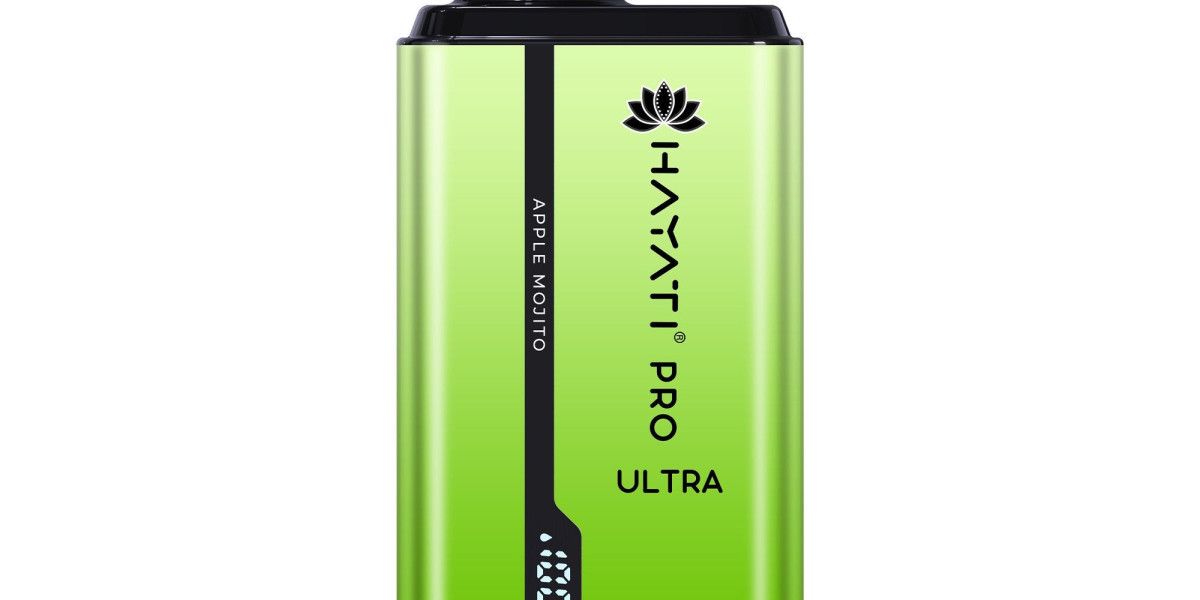Male circumcision is a surgical procedure involving the removal of the foreskin, the skin covering the tip of the penis. While common in certain cultures and religions, it's essential to understand the potential risks and complications associated with the procedure before making a decision. This article provides a comprehensive overview of male circumcision in Dubai, focusing on the potential risks.
What is Male Circumcision?
Circumcision is a surgical procedure that removes the foreskin, the skin covering the head of the penis. It's a common practice in many cultures, including some Islamic and Jewish traditions. In Dubai, circumcision is often performed for religious, cultural, or medical reasons.
Reasons for Circumcision:
There are various reasons why parents or individuals opt for circumcision:
Religious reasons: Some religions, such as Islam and Judaism, consider circumcision a religious rite.
Cultural reasons: In certain cultures, circumcision is a traditional practice for male infants.
Medical reasons: In some cases, circumcision may be recommended for medical conditions like phimosis (tight foreskin) or recurrent urinary tract infections.
The Circumcision Procedure:
The circumcision procedure is typically performed under local anesthesia, although general anesthesia may be used for infants. The surgeon removes the foreskin using a surgical clamp or other methods. The procedure usually takes about 15-20 minutes.
Immediate Risks of Circumcision:
While circumcision is generally considered a safe procedure, there are potential immediate risks:
Bleeding: Excessive bleeding is a common complication but can usually be controlled with pressure or stitches.
Infection: Infection at the circumcision site can occur but is generally treated with antibiotics.
Pain: Discomfort and pain are expected after the procedure, but pain medication can help manage it.
Urinary retention: Difficulty urinating can occur in some cases, but it typically resolves on its own.
Long-Term Risks of Circumcision:
Some potential long-term risks associated with circumcision include:
Penis injury: Accidental injury to the penis during the procedure is possible, but it's rare.
Meatitis: Inflammation of the tip of the penis can occur, especially if proper hygiene is not maintained.
Infection: In rare cases, serious infections can develop, requiring further medical treatment.
Psychological impact: Some studies suggest that circumcision may affect sexual sensation or satisfaction, but the evidence is inconclusive.
Complications Related to Anesthesia:
The use of anesthesia, whether local or general, carries inherent risks:
Allergic reactions: Patients may have allergic reactions to the anesthesia medications.
Respiratory complications: In rare cases, anesthesia can cause breathing difficulties.
Cardiac complications: There's a small risk of heart-related complications during anesthesia.
Healing Process and Aftercare:
Proper aftercare is crucial for a successful healing process:
Keep the area clean: Gently clean the circumcision site with warm water and mild soap.
Apply petroleum jelly: Applying a thin layer of petroleum jelly to the area can help prevent sticking and promote healing.
Avoid irritants: Avoid using harsh soaps, alcohol, or other irritants on the area.
Monitor for signs of infection: Watch for signs of infection, such as redness, swelling, increased pain, or pus.
When to Seek Medical Attention:
It's essential to contact your healthcare provider if you experience any of the following:
Excessive bleeding
Severe pain
Signs of infection
Difficulty urinating
Unusual swelling or discharge
Choosing a Qualified Healthcare Provider:
Selecting a qualified and experienced healthcare provider is crucial for minimizing risks:
Research the provider's credentials and experience.
Ask about the circumcision procedure and aftercare instructions.
Discuss any concerns or questions you may have.
The Role of Parents in Decision Making:
If considering circumcision for your child, it's important to weigh the potential benefits and risks carefully:
Discuss the decision with your partner and other family members.
Research the topic thoroughly.
Consult with your pediatrician or a urologist.
Respect your child's wishes when they are old enough to express an opinion.
Conclusion:
Male circumcision in Dubai is a personal decision with potential benefits and risks. It's essential to carefully consider the factors involved and consult with a qualified healthcare provider. By understanding the procedure, associated risks, and proper aftercare, you can make an informed decision that best suits your needs and circumstances.















